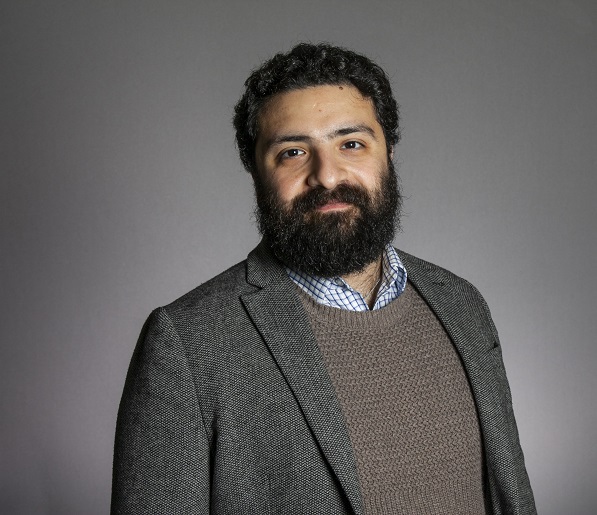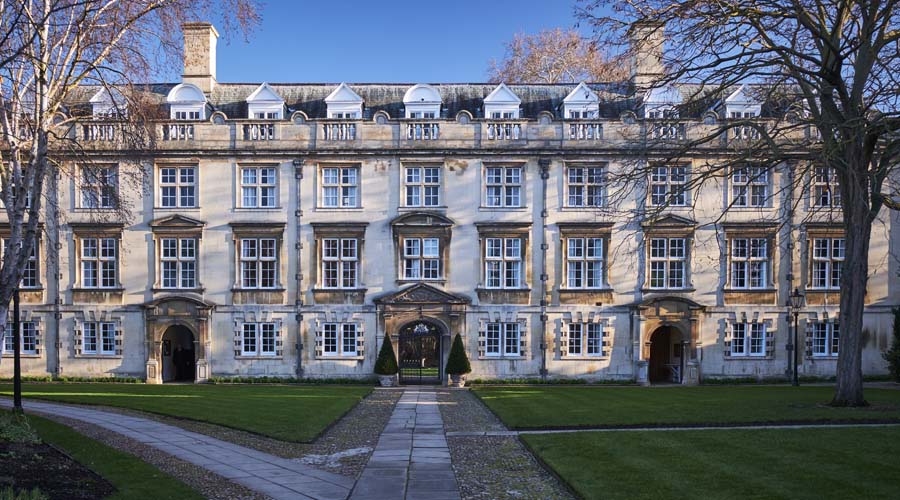Have you ever wondered whether it would be wrong to try to stop a friend, family member, or loved one from changing who they are? Dr Farbod Akhlaghi, a Junior Research Fellow at Christ’s, has.

He argues we have a moral right to ‘revelatory autonomy’ – the right to come to learn who we will become and what we will be like by making voluntary ‘transformative choices’, like adopting a child, choosing a career, or emigrating.
Many philosophers focus on how we could, for example, rationally choose to become a parent. That is difficult, for we can only know what it is like for oneself to become a parent if we do so, and the experience changes one’s core preferences and values.
But Dr Akhlaghi instead asks an ethical question: whether it would be wrong to try to stop such choices. For example, would it be wrong to try to stop an adult friend from adopting a child?
His answer: it is morally acceptable to do so if and only if your friend’s right to ‘revelatory autonomy’ is outweighed by competing moral considerations.
We might coerce, manipulate, or try to force someone not to do something. But more often, we try to rationally persuade them. Even this, Dr Akhlaghi says, is problematic:
“Offering reasons, arguments or evidence as if one is in a privileged position with respect to what the other person’s experience would be like for them disrespects their moral right to revelatory autonomy.”
We have this moral right, Dr Akhlaghi argues, because “The ability to see that the person we’ve become is the product of decisions that we made for ourselves is very important.”
There are, of course, some occasions where interference is justified. Dr Akhlaghi cites the example of a would-be murderer whose right to discover who they might become by committing murder is outweighed by the wrongness of killing innocent people.
And Dr Akhlaghi grants that some solicited advice giving, like offering factual information, can be permissible.
Dr Akhlaghi is not claiming that we should make all transformative choices completely alone. Instead, he is cautioning us that any unsolicited advice-giving should respect a person’s right to revelatory autonomy and recognise the nature of transformative choices. We can try to stop someone making a choice only if that right is outweighed.
Some transformative experiences are not chosen, like the experiences of children during divorce. Alongside further research on voluntary transformative choices, Dr Akhlaghi intends to explore these different and difficult cases in future work.
Akhlaghi, F., ‘Transformative experience and the right to revelatory autonomy’, Analysis (Dec, 2022)

